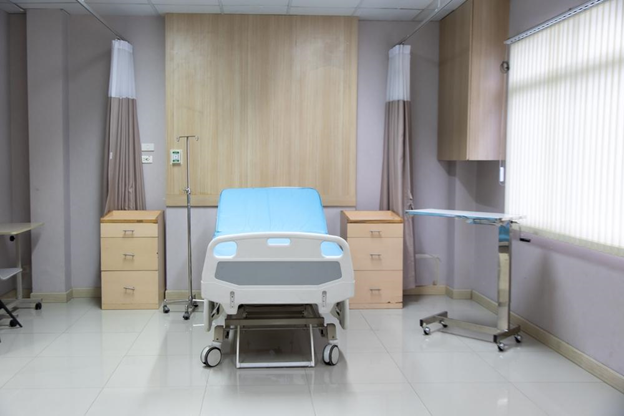What You Need to Know About Child Mental Health
Child mental health refers to children’s emotional, psychological, and social well-being. Children can experience various mental health conditions like adults, including anxiety, depression, ADHD, and autism spectrum disorder. Irvine child mental health challenges can significantly impact a child’s development, and it is recommended to address them early.
Symptoms of mental health conditions in children include changes in mood, behavior, or sleep patterns; difficulty in school; changes in appetite; and difficulty with social interactions.
Child mental health evaluation and diagnosis
When it comes to a child’s mental health, the doctor will need to evaluate and diagnose the child’s condition before recommending a treatment plan. The evaluation process may include a physical examination and developmental and psychological evaluations. The healthcare provider may also gather information from the child’s parents, teachers, and other caregivers.
It is important to involve parents in the evaluation and treatment process, as they can provide valuable information about the child’s behavior and symptoms. A child’s primary care physician or a child and adolescent psychiatrist can provide a diagnosis and recommend the appropriate treatment.
Types of child mental health disorders
There are many types of child mental health disorders; some of the most common include:
- Anxiety disorders: Children with anxiety disorders may experience excessive fear, worry, or nervousness in response to specific situations or objects.
- Depression: Children with depression may experience persistent sadness, hopelessness, and loss of interest in activities they once enjoyed.
- Autism Spectrum Disorder (ASD): A developmental disorder characterized by difficulties with social interaction, communication, and repetitive behaviors.
- Oppositional Defiant Disorder (ODD): A pattern of disobedient, defiant, and hostile behavior towards authority figures.
- Conduct Disorder (CD): A pattern of persistent aggressive and violative behavior towards others and serious violations of social norms and rules.
- Eating disorders: Eating disorders such as anorexia nervosa, bulimia nervosa, and binge eating can also affect children and adolescents.
- Trauma and Stressor-Related Disorders: Children who have experienced traumatic events or have been exposed to ongoing stressors, such as physical or emotional abuse, may develop conditions such as PTSD.
Note that these are just a few examples, and many other conditions can affect a child’s mental health. An accurate diagnosis and early intervention are recommended for the best outcome.
Treatment options for child mental health disorders vary depending on the specific condition and the child’s individual needs. Some common treatment options include:
- Therapy: Different types of treatment can be used to treat child mental health disorders, including cognitive-behavioral therapy (CBT), family therapy, and play therapy.
- Medication: Medications can also treat certain mental health conditions in children, such as ADHD and anxiety. These medications are prescribed by a child and adolescent psychiatrist and are closely monitored by the healthcare provider.
- School-based interventions: Children with mental health conditions may benefit from interventions such as counseling, social skills training, or accommodations in the classroom.
- Parenting skills training: Parents and caregivers can learn how to manage a child’s behavior, communicate effectively, and provide emotional support.
- Alternative therapies: Alternative therapies such as art therapy, music therapy, and animal-assisted therapy can help children cope with mental health conditions.
Working with your mental health professional at Americas TMS Center is advisable to determine the best treatment plan for your child.







